
Hosted by the University of Plymouth

Hosted by the University of Plymouth
Mastering Machine Code on your ZX Spectrum by Toni Baker. 315 pages.
Sinclair, 1983
Donated/on loan from: School of Computing, Electronics and Mathematics, Plymouth University
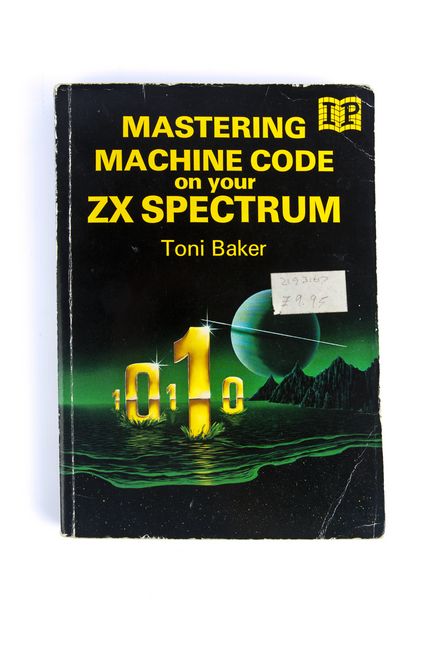
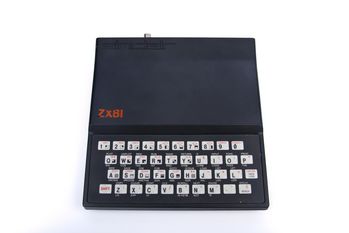
The Sinclair ZX81 was released by Sinclair Research as the follow-up to the successful ZX80. It shared its predecessors characteristics of a Z80 CPU, membrane keyboard, 1K RAM, black and white display and lack of sound. The ROM, however, was doubled to 8K and the machine ran faster. Like the Z... (read more)Sinclair, 1981
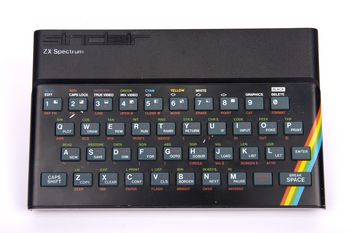
The ZX Spectrum was an 8-bit (Z80A) personal home computer released in 1982 by Sinclair Research Ltd. Originally released in 16K and 48K versions, the Spectrum became massively popular in the UK, and ultimately evolved through a variety of later models including the Spectrum+ (which added a bett... (read more)Sinclair, 1982
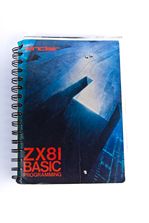
ZX81 Basic Programming by Steven Vickers. 212 pages. (read more)Sinclair, 1980
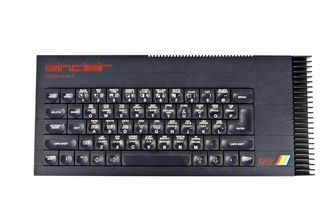
The last Sinclair-branded computer to truly from the Sinclair stable, the Spectrum 128 debuted in Spain, thanks to co-development with Sinclair's Spanish distributor Investrónica, and did not launch in the UK until into the new year. In addition to the upgraded memory, the system boasted an enh... (read more)Sinclair, 1985
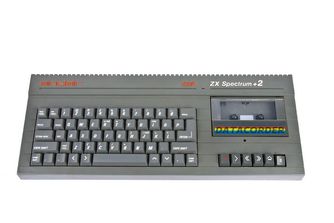
Although it retained the Sinclair name, the Spectrum +2 was a product from the Amstrad stable, following their purchase of Sinclair in 1986. As such, it is no coincidence that the design bears more than a passing resemblance to Amstrad's own CPC 464 system. A later variant, the Spectrum +3, con... (read more)Sinclair, 1986
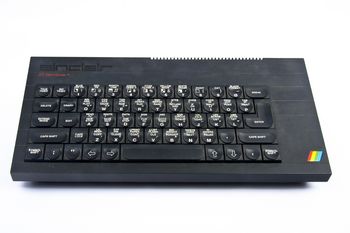
An update to the Spectrum that essentially took the 48K model and added a QL-style keyboard, enabling the Spectrum to at least in part escape the criticism that was often leveled at the 'dead flesh' feel of the rubber-keyed version (although in actual fact the feel of the keyboard was still very ... (read more)Sinclair, 1984
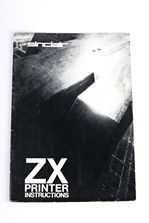
ZX Printer Instructions by Sinclair Research. 16 pages. (read more)Sinclair, 1981
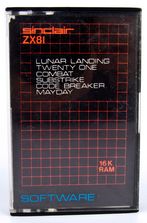
Sinclair ZX81 Software Compilation featuring:
Lunar Landing, Twenty One, Combat, Substrike, Code Breaker and Mayday.
For 16K RAM (read more)Sinclair,

Launched with 128K RAM, twin 100K microdrives, 32-bit processor (well - sort of), and priced at £399, the QL truly looked like the claimed Quantum Leap beyond Sinclair's earlier ZX Spectrum. The price also included four highly praised applications developed by Psion: Quill (a wordprocessor), Ab... (read more)Sinclair, 1984